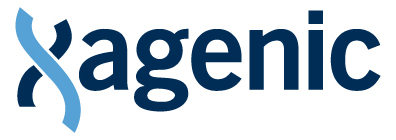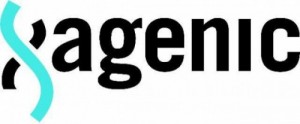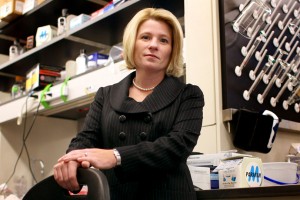 Xagenic Inc., a molecular diagnostics company developing the first lab-free molecular diagnostic platform with a 20 minute time-to-result, announced October 15, 2014 that its project in partnership with the University of Toronto was successful in securing funding from Genome Canada under the Genomic Applications Partnership Program (GAPP).
Xagenic Inc., a molecular diagnostics company developing the first lab-free molecular diagnostic platform with a 20 minute time-to-result, announced October 15, 2014 that its project in partnership with the University of Toronto was successful in securing funding from Genome Canada under the Genomic Applications Partnership Program (GAPP).
The funding, announced by the Honourable Ed Holder, Minister of State (Science and Technology) and Dr. Pierre Meulien, president and CEO of Genome Canada, is part of 12 selected projects under Genome Canada’s Genomic Applications Partnership Program (GAPP), on October 15 in Wallenstein, Ontario.
The project titled “Development of Low Cost Testing Chip and Device for Hepatitis C Testing” was approved with funding up to a maximum of $5,999,865 over three years. The Ontario Ministry of Research and Innovation is supporting the project with a grant matching the Genome Canada contribution.
“This is a tremendous opportunity for us to leverage the viral assay development and electrochemical detection expertise in the labs of Dr. Shana Kelley and Dr. Edward Sargent at the University of Toronto to significantly advance our own research programs on several fronts,” said Dr. Graham D. Jack, Xagenic’s senior director of Research and Development. “Under this joint program, we anticipate development of a new lower-cost substrate chip, which will significantly bring down the total cost of our in-cartridge AuRA™ detection technology.
Timothy I. Still appointed Xagenic’s president and CEO
On October 16, 2014, Xagenic also announced that Timothy I. Still has been appointed president and CEO, and will serve as a member of Xagenic Inc.’s board of directors.
This announcement was covered in PE Hub.




